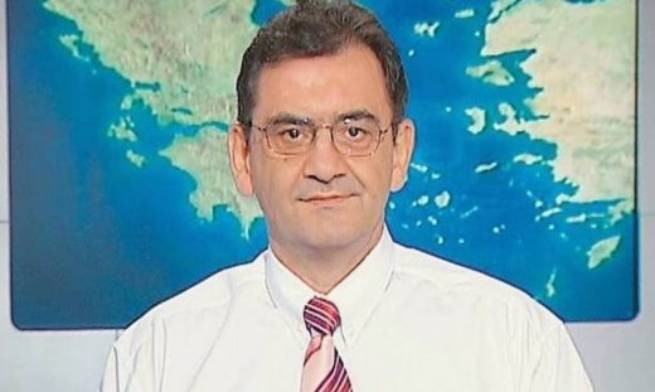The European Commission is preparing to adopt a law that will legalize the numerous illegal migrants who have already arrived in EU and paves the way for the arrival of new migrants needed to fill skills shortages in specific sectors of European industry.
European Commission Vice-President Margaritis Schinas visited the Deloitte Innovation and Skills Center (DACC) in Thessaloniki today. During his visit, he announced a package of legislative initiatives on legal migration in the EU, aimed at filling skills shortages in specific sectors of European industry. According to the official, the package should be presented in mid-November, reports Kathimerini.
The Vice-President of the European Commission noted that Legislation on legal migration will allow the EU to link vacancies in advanced sectors of the European market with supply – with the required skills and specialties – from countries in North Africa and the Middle East, as well as the former USSR. He noted that anyone coming to Europe via this route would obviously have to respect the principles and values that guide European society, and there would also be a recognition system for professional qualifications.
In addition, on the occasion of the European Year of Skills, Schinas announced that in the spring of 2024 he will present a proposal for the introduction of European University Degree, with the aim of making Europe an educational destination. In this context, he announced that 60 alliances have already been created with more than 500 European universities. He explained that, despite the competition between European universities, the proposal to introduce this degree was enthusiastically received by rectors. These degrees will be chosen on a voluntary basis and will be awarded after attending courses face-to-face rather than remotely.
“(New legislative initiatives) will not be aimed at highly qualified specialists, since legislation already exists for them – the system “blue cards”“, the official clarified, and said that migration for work “will mainly concern sectors such as agriculture, medical services, information technology, tourism, hospitality and catering.”
European industry will be called upon to play a key role in matching the supply and demand of specialized skills through legal migration, with the program driven not by Brussels but by each EU member state individually.
As for why this initiative was not put forward earlier, especially considering that The EU is already facing a skills shortageSchinas noted the following: “We wanted to complete negotiations on the immigration and asylum pact first.” He added that the EU has unprecedented resources from both the reconstruction and reconstruction fund and the social fund to address issues related to skills and vocational training, and a world-scale event in the field of knowledge, skills and vocational training is currently underway.”. He also mentioned the Erasmus program, for which a record amount of funds will be allocated by 2027 – 27 billion euros.
In fact, this law is an attempt by the European Union to compensate for the brain drain to the United States and Canada, trying to intercept both qualified specialists from Africa, Asia and the countries of the former USSR, and to solve the severe shortage of agricultural workers, which has a painful impact on the food independence of the countries of the bloc.
Regarding the introduction [обще]European university degreethis is clearly an attempt to intercept “clients” (brains) from Britain, which, after separating from the European Union, is no longer considered as a colleague, but rather as a competitor in the educational market.
It is worth noting that Poland has been particularly successful in this field, which over the past decade has been able to successfully “import” brains and labor from Ukraine and Belarus. This brought significant benefits to the country’s economy. The admission of refugees from Ukraine allowed Poland to choose fromOof a wider range, although it brought some tension into local society.







More Stories
UK: controversial bill on deportation of migrants to Rwanda passed
Chaos in Paris due to Afghan demonstration
Why only a few Ukrainian refugees in Germany found work (video)